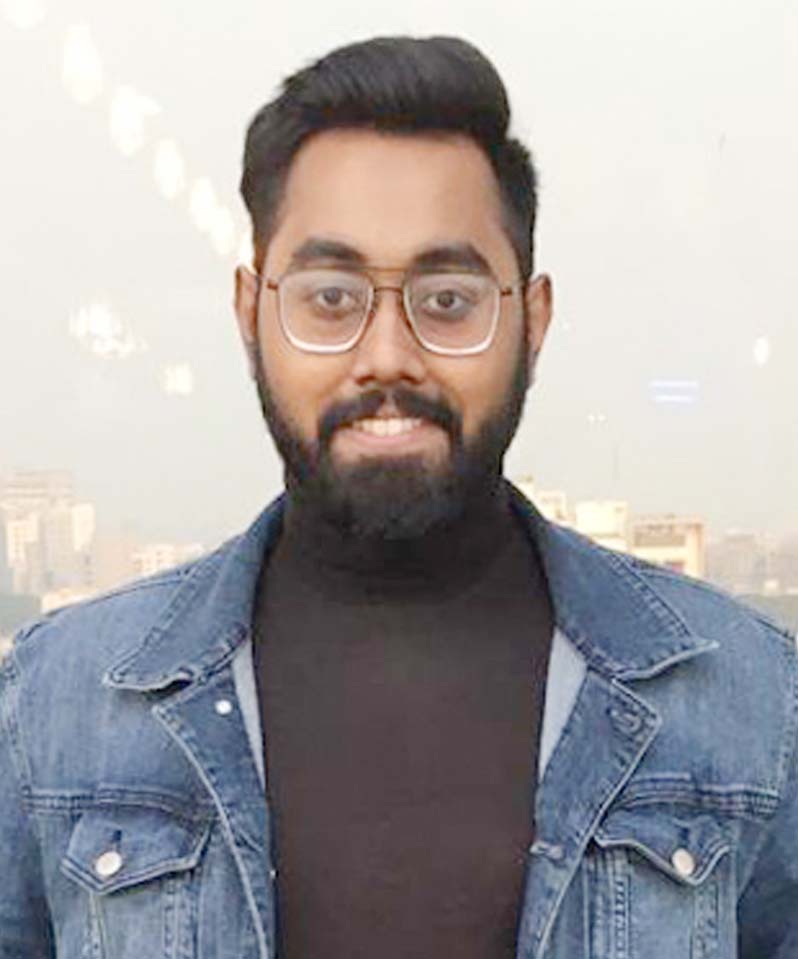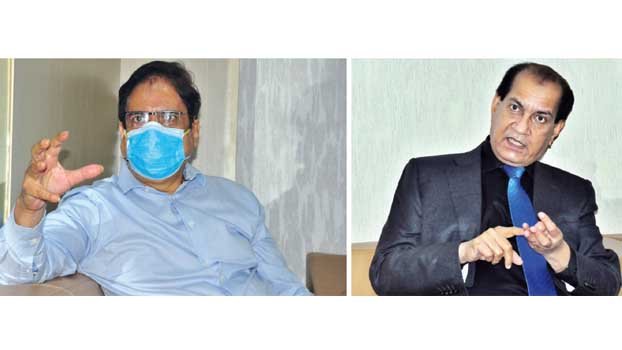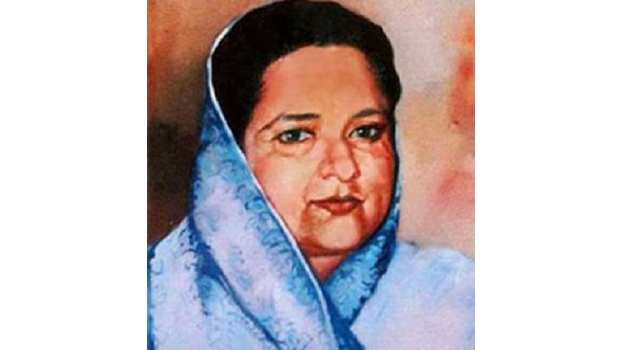World class eye care goes to villages
Bangamata Fazilatunnesa Mujib Eye Hospital becomes a role model


The present government led by Prime Minister Sheikh Hasina is consistently working to reach out to the rural people the world-class healthcare including eye care by establishing a specialized hospital in every district.
Those specialized hospitals will be especially well- equipped with all modern amenities including dedicated software with the technical help of foreign renowned eye hospitals for eye care.
Such a hospital named, Sheikh Fazilatunnesa Mujib Eye Hospital & Training Institute has been established at Gopalganj where world class eye care is being given to marginal people without any cost.
Under the visionary leadership of the Prime Minister Sheikh Hasina ,the government is reaching out world class eye care facilities to the doorsteps of the poor free of cost.
While eye care treatment is generally rare in the rural healthcare facilities, the state-run Community Vision Centers (CVC) have set commendable examples by making available quality eye care services at virtually no costs.
The government has established 90 Community Vision Centers in 28 districts in past few years which covered five (5) crore, mostly, poor people with eye care.

Professor Golam Mostafa,Professor Deen Mohammad.
Till now around 4.5 lakh people have received benefits of such facilities.
In the meantime, international eye care experts present in the country said that the CVCs have been considered a role model for eye care to the neighboring countries, including India.
“Eye care is every person’s birth right,” said Professor Deen Mohammad Noorul Huq, former director general of health.
The initiative for the Community Vision Centers in upazilas is being executed at the advice and recommendations of the National Eye Care expert Professor Deen Mohammad who plays a major role in the project.
Professor Deen Mohammad, also the chairman of Deen Mohammad Group and president of Deen Mohammad Foundation, told Bangladesh Post, “Thousands of people in the country are deprived of eye care for many reasons. Only because of the visionary leadership of Prime Minister Sheikh Hasina today we are able to establish such Community Vision Centers which are truly offering high standard, yet low -cost eye care services.”
“The Prime Minister had instructed the National Eye Care project to ensure proper treatment to reach the doorstep of the marginal people; hence Community Vision Centers were born and apparently they were set up in the upazilas,” he said. He also mentioned that those centers are being set up attached to the rural community clinic, where the government did not invest any big amount for infrastructure. Based on the Digital Bangladesh concept, those Community Vision Centers are linked with base hospital situated in district level. Thanks to the Prime Minister’s ICT advisor Sajeeb Wazed Joy.
It was learnt that the CVCs will screen and refer treatment for eye disorders like cataracts, glaucoma, diabetic retinopathy, pediatric eye disease, corneal ulcers and eye injuries to the Base Centers.
The centers are well equipped with all modern eye care equipment along with two well-trained nurses who are recruited from that specific upazila. These centers will always be in direct contact with doctors from a base hospital via the internet.
These nurses went through four- month extensive training. During this period, they spent two months under close supervision of the national eye care center and rest of the two months for on- hand on training in Aravind Eye Hospital in India.
To this end, Dr Deen Mohammad said, “These nurses can provide spectacles, check the eye pressure, scan the retina and even do cataract diagnosis. They are well trained about various symptoms of possible diseases and complications related to vision.”
The community vision centers have been upgraded with technological facilities to connect with the nearby base hospital. All basic equipment required for initial eye treatment are provided in the community vision centers starting from use of slit-lamps to fundus camera. The nurses are always in direct communication with the doctors of the base hospital, giving them updates regarding the patient and sending all the test reports online. The doctor would then provide the diagnosis and confirm it with an e-sign all done via the internet. The nurses can then print out the prescription for the patient and provide the medicines or spectacles for free.
“For the telemedicine process between the base hospital and CVCs, we are using a dedicate software with the technical support from Aravind Eye Hospital. We can monitor online from anywhere how many patients are getting treatment and who are going through surgery,” said the doctor.
However, if a patient requires surgery or advanced form of treatment, the patient would be referred to the doctor of the base hospital for free surgery immediately the day after.
The project National Eye Care offers free transport support to all patients keeping in mind the difficulties that the people are likely to face in the rural settings. Patients would be brought from their homes on the day of their surgery and safely dropped home as well after the surgery is completed.
Professor Golam Mostafa, line director of National Eye Care told Bangladesh Post, “Prior to establishment of CVCs we noticed that many patients were seeking treatment elsewhere as the state run centres lacked facilities and also had weaknesses. But now we are very well equipped and we have strict instructions to provide treatment to all patients free of cost in a systematic manner.”
Many patients are still unable to seek treatment due to remoteness or difficulties in traveling to hospitals. The Prime Minister has strictly instructed that such people requiring eye care must get priority and get proper treatment.
Dr Deen Mohammad also said that there were and still are many challenges that had to be dealt with in foundation of the Community Vision Centers. A major obstacle in the initiative was the shortage of man power. There were not many skilled attendants that could provide proper treatment. Even if there were, they would not want to work in the sub-district levels.
He said, “Retaining the manpower was very difficult. A doctor who is experienced would not want to work in such places and it is the reality. After a certain period of time, they would want to move to somewhere better or into medical colleges. Hence this was a major issue to deal with”.
Other challenges included the poverty of the people itself. People believe that eye care is too expensive and considering where they live, travelling to a hospital becomes costly as well. There are people who are disabled and even people who are a minority and live-in distant places. The CVCs take up the challenge to provide them with an option.
“Irrespective of where they live and how much money they may have, every person deserves proper eye care and with the immense support of the PM, we look to expand this to every part of the country,” said Dr Deen Mohammad.
Along with the 90 Community Vision Centers that are in function it is projected that by June 2023, another 120 CVCs, totaling to 200 centers are going to be launched. Base hospitals centering many of the current centers are Rangpur Medical College, Rajshahi Medical College, Manikganj Medical College, Mymensingh Medical College, Cumilla Medical College. There are plans to upgrade the district hospitals to base hospitals as well.


